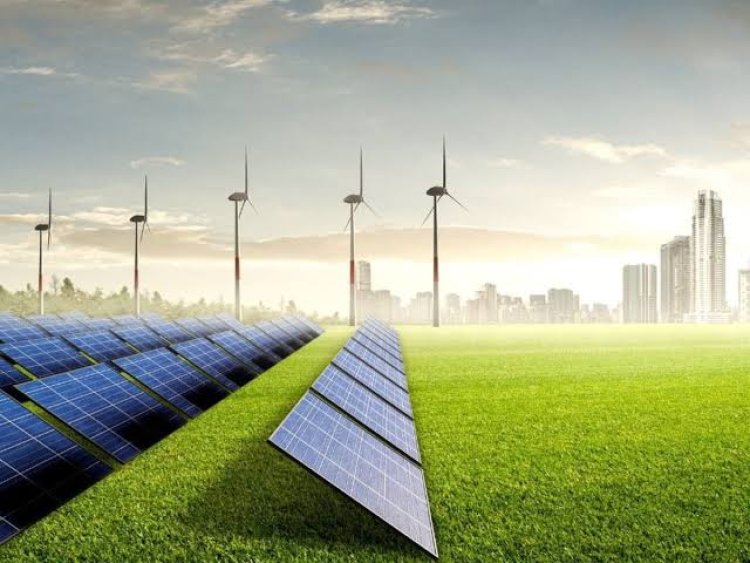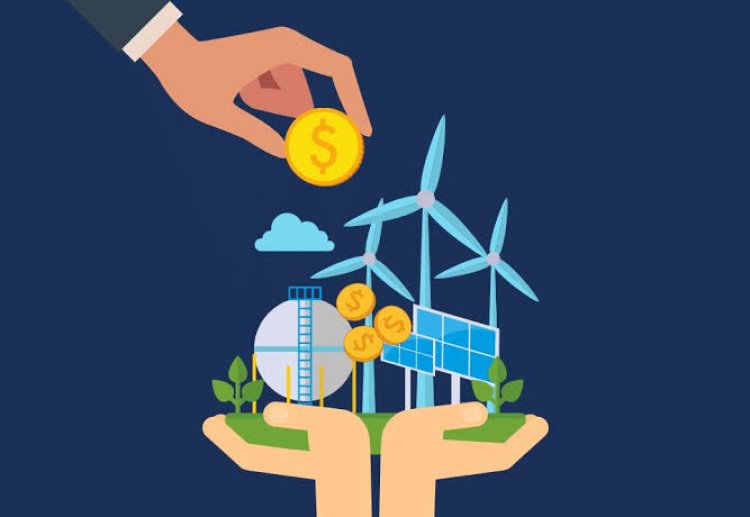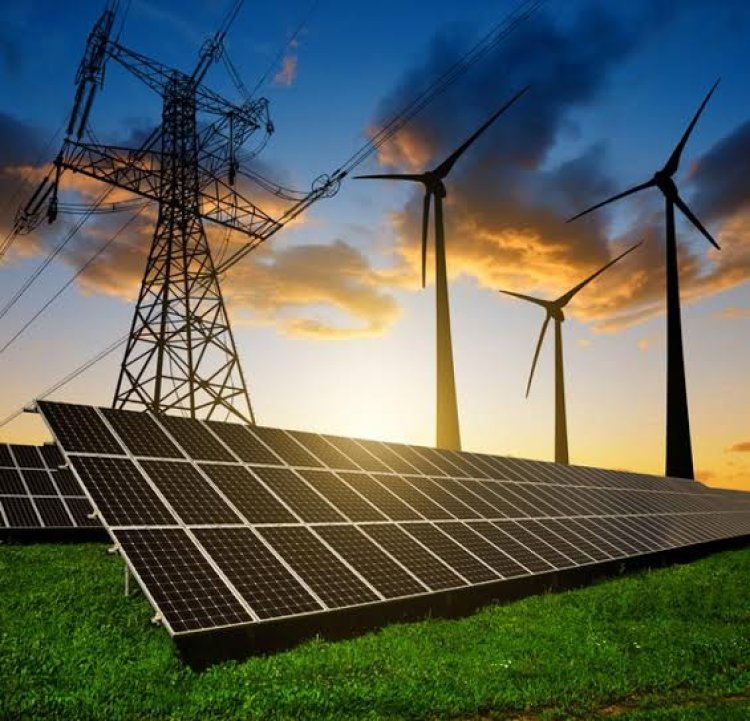In 4 steps.. global investment in clean energy technologies increased in 2023

The 2023 World Investment Report, titled: “Investing in Sustainable Energy for All,” revealed that investment in clean energy technologies has recently outpaced spending on fossil fuels. The affordability of investing in clean energy technologies, and security concerns raised by the global energy crisis, have fueled the momentum behind more sustainable options.
The recovery from the recession caused by the COVID-19 pandemic and the response to the global energy crisis has also provided a significant boost to investment in clean energy. According to the International Energy Agency’s estimates for 2023 compared to 2021 data, annual investment in clean energy rose much faster than investment in fossil fuels during this period. period (24% vs. 15%), about $2.8 trillion is slated to be invested globally in energy in 2023, and more than $1.7 trillion is expected to go to clean technologies, including renewables, electric vehicles, nuclear power, grids, storage, low-emission fuels, efficiency improvements and heat pumps.

Promoting clean energy investments
The analysis added that clean energy investments were boosted by a variety of factors, including:
Economic recovery at a time of high and volatile fossil fuel prices.
Strengthening policy support through tools such as the US Inflation Act and new initiatives in Europe, Japan, China, and elsewhere.
Strong alignment of climate and energy security goals, particularly in import-dependent economies.
focus on industrial strategy; As countries seek to consolidate their foothold in the emerging clean energy economy.
Low-emissions energy is expected to account for nearly 90% of total investment in electricity generation, and solar energy is one of the prominent examples of clean energy. More than $1 billion per day is expected to be spent in solar energy investments in 2023 ($380 billion US for the full year), exceeding this spending on fossil fuels for the first time.

$390 billion
Industry research has shown that European clean-tech start-ups have attracted less than half the investment of their US counterparts since Washington unveiled a landmark $390 billion package of climate support and tax credits a year ago.
The Inflation Reduction Act, signed into law by US President Joe Biden last August, creates the largest ever US climate investment aimed at decarbonizing the US economy and boosting jobs in green industries.
Race to support technologies critical to reducing emissions
The law prompted a race to support technologies critical to reducing emissions, with the European Union, Australia and Japan launching similar legislation.

clean technology financing
But figures from industry body Cleantech for Europe show the EU has fallen behind in early-stage cleantech funding, with a total investment of $8.7 billion towards startups in areas such as carbon storage, electric cars and clean energy in the year since the IRA entered. into effect.
$21.7 billion
By contrast, more than $21.7 billion has been earmarked for similar projects in the United States, even though the European Union advanced in energy and transportation investments in the second quarter of this year.
The difference was most marked for clean hydrogen, a gas produced using renewables that can help decarbonize heavy industries such as steel and cement, Cleantech for Europe said.
Investing in clean energy
The analysis showed that investment in clean energy technologies has recently greatly outpaced spending on fossil fuels. The affordability of investing in clean energy technologies, and security concerns raised by the global energy crisis, have fueled the momentum behind more sustainable options.
The recovery from the recession caused by the COVID-19 pandemic and the response to the global energy crisis has also provided a significant boost to investment in clean energy. According to the International Energy Agency’s estimates for 2023 compared to 2021 data, annual investment in clean energy rose much faster than investment in fossil fuels during this period. period (24% vs. 15%), about $2.8 trillion is slated to be invested globally in energy in 2023, and more than $1.7 trillion is expected to go to clean technologies, including renewables, electric vehicles, Nuclear power, grids, storage, low-emission fuels, efficiency improvements and heat pumps.


 Shrouq
Shrouq 












